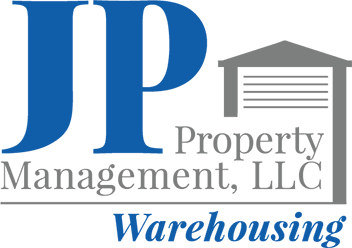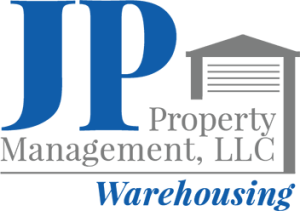What Is Supply Chain Management?
Supply Chain Management (SCM) is a term you may have heard of before. It’s a complex idea that is often thought to only involve physical logistics. However, that is only part of what SCM includes. So what else does it involve? Here’s an overview of Supply Chain Management.
Supply Chain
To define Supply Chain Management, it’s important to understand what a supply chain is first. A supply chain is a basically a network of organizations involved in processes that get products to consumers.
Some of the groups in a supply chain include manufacturers, transportation companies, distributors, retailers, and vendors. There are a multitude of processes in a supply chain between these different stakeholders. Some of the processes involved are development, distribution, marketing, customer service, and finance. Within a given chain, there can be a flow of physical items and/or a flow of information. For instance, a chain between a manufacturer and a transportation company would include flows of manufactured items and a flow of information to coordinate pickup, delivery, and communication across the chain. Overall, supply chains are help businesses lower costs and produce goods faster.
Supply Chain Management
Supply Chain Management is important to ensure the processes established in a supply chain are as effective as possible. SCM involves efforts to manage the flows in supply chains across all aspects of industries from marketing to transportation. When done effectively, SCM helps companies gain an advantage in the market by helping lower costs, timelines, and errors.
The way this manifests is typically through a form of centralized management. A supply chain manager may coordinate logistics for all aspects of a supply chain in this way. They can oversee strategies, sources of goods, manufacturing, logistics, delivery, and return. They try to minimize costs and eliminate shortages and errors in the supply chain. When done well, this can help prevent recalls and shortages, and lead to overall profits increases due to better efficiency.
Warehousing Management
Here at JP Property Management, we manage supply chain processes related to warehousing and logistics in particular. Warehouse management systems (WMS) are an important way to do this kind of SCM. These warehouse-specific systems help track products and inventories through tools like customized software, scanning technology, label printers, and packing slip printers. Warehouse professionals use these tools are for precise tracking and a clear perspective on what products are where at what time. This ultimately helps businesses manage the flow of products (and the accompanying flow of information).
The exact kind of warehouse management system used by a business varies depending on needs. There are many different system packages and styles that serve specific functions. For example, some warehouse management systems are specialized for companies with multi-continent supply chains. Other systems are catered to specific industries like industrial components. Overall, regardless of the specific type, a WMS helps companies like JP Property Management conduct effective supply chain management.
If you are thinking of changing your warehouse storage provider or are in need of new warehouse storage for your business, contact JP Property Management today. We would love to show you around our Louisville warehousing facility. We’re happy to give you more detailed pricing information and answer any questions you might have. Give us a call at 502-550-7126 today!


